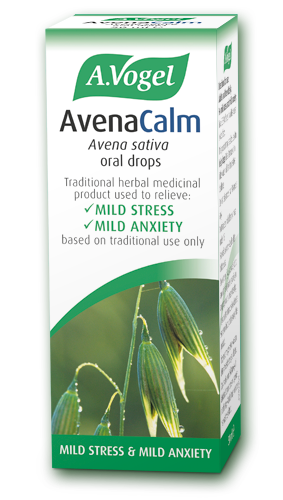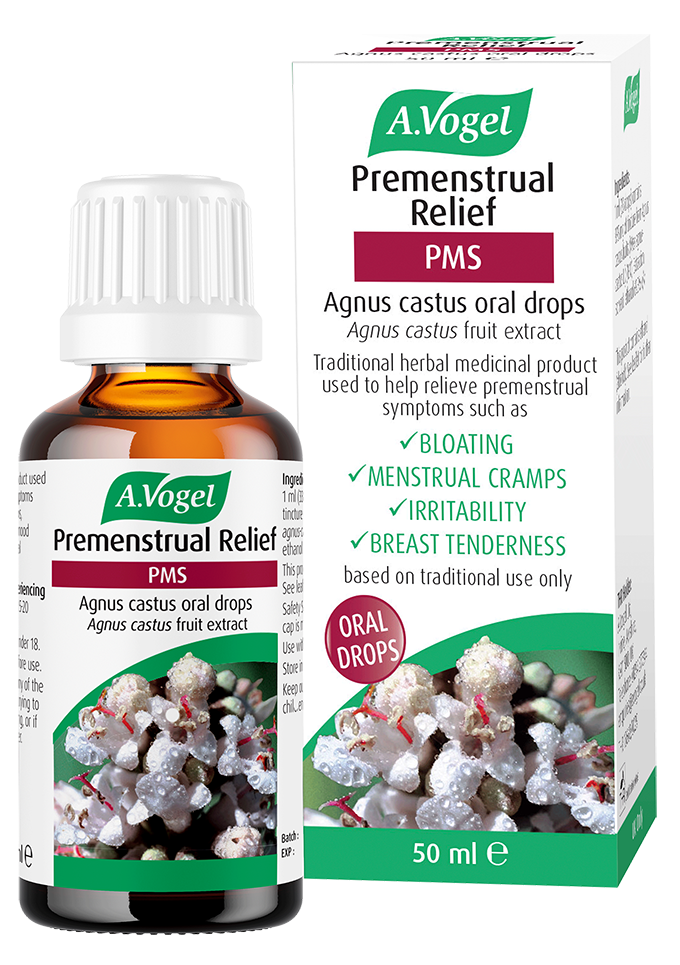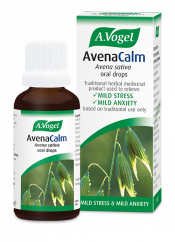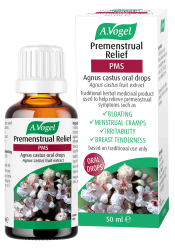How can hormones make us more anxious?
Anxiety can affect us both physically and mentally, we may experience unnerving palpitations, uncomfortable sweats or feel panicky and unable to approach even the most menial tasks with the confidence that we normally would as a result of it. Over time, anxiety can affect our social lives or progression in work and may even progress into low mood if it isn’t addressed. So, it definitely isn’t something we want to let get out of control. But what’s causing these feelings? In some cases, hormones may be at the root of the cause.
If you notice a pattern in your symptoms, for example they get worse at certain times of the month, then your hormones could be to blame – so what could be going on?
Symptoms 1-2 weeks prior to your period
If you tend to experience anxiety a week or two before your period is due to appear, this could be a result of falling oestrogen levels. Oestrogen helps to keep us feeling physically fit and supports mental clarity, so once levels start to drop off we can become more vulnerable to anxious thoughts. The only saving grace during this time is that progesterone is rising. Progesterone has a calming effect and may help to overcome the changes in oestrogen and keep nervous feelings at bay.
Symptoms the week before your period
Generally, the week before your period is when we can become more vulnerable to changes in mood. At this point, oestrogen continues to drop off, but actually, progesterone follows suit and levels of this hormone fall too. The confidence boosting elements of oestrogen are lost as well as the calming influence of progesterone, which can leave us feeling jitterier and stressed than usual.
Symptoms throughout your period
Generally, although you have the minor inconvenience of actually having your period, things are generally on the up during this time in terms of your mood. By the time your period starts, oestrogen is on the rise (having a positive influence on other neurotransmitters as it does so, such as serotonin) and this trend continues until ovulation is initiated in around 2 weeks time. If, on the rare occasion that you do tend to feel more anxious during this time, it could be that you are more sensitive to the changes in oestrogen, but generally, this is a positive change and this is reflected in your mood. Happier thoughts are top of mind and confidence is often at an all time high – so try and make the most of it!

Why are some people more vulnerable than others?
As we now know, you may be more prone to anxiety at certain times of the month as a result of changing hormones, but this doesn’t really explain why some people are more troubled with anxiety than others – so what else could be going on?
There could be a hormone imbalance at play
Although generally, we don’t expect the natural rise and fall in our hormones to create significant problems for us, if a hormone imbalance is at play our symptoms may be much more pronounced. In oestrogen dominance, oestrogen levels have a longer way to fall at the end of the month which can exacerbate symptoms, or on the other hand, if oestrogen is too low, we can struggle to keep on top of our flagging mood. To help identify a hormone imbalance watch my video blog on this subject
Nutrient deficiencies could be contributing
The natural drop off in our hormones at the end of the month are likely to make us feel a little more sensitive than normal anyway, but if you are deficient in key nutrients, this can make things a whole lot worse. Magnesium, zinc and chromium are important for supporting our mood, cognitive functions and blood sugar regulation and if our stores are depleted, we risk feeling more anxious than normal
Lifestyle habits could be denting your mood
With falling hormones and questionable nutrient statuses to contend with already, bad habits or routines could be the cherry on top. Copious amounts of caffeine, sugary snacks, skipping meals, social jetlag (which often involves disturbed sleep and surplus alcohol) could all be making you feel a little more anxious than you’d like.

Practical steps for managing the anxiety
Although, in times of anxiety you may struggle to know where to begin in order to help yourself, there are simple steps you can take to help get things under control:
1 – Stressed Soul
If you’re more easily stressed or an anxious person anyway, then you can bet that these personality traits often surface around the time that your period is due, when you’re at your most vulnerable. Aim to work on lifestyle habits that could be adding to your stress such as excess sugar or caffeine. Next, try to include some gentle exercise in the days before your period is due which will not only help support your mood, but can also help manage uncomfortable cramps. Firstly, let’s try and address which type you are:
Product pick: AvenaCalm is a traditional herbal remedy to help soothe the symptoms of mild stress or anxiety.
2 – Imbalanced Individual
If your periods are irregular, heavier than usual or your symptoms are getting the better of you, there could be a hormone imbalance at play. If you’re on the pill or another form of contraception from the doctor, chatting to them to ensure that this is the best option for you is important. There are often different options which contain different ratios of hormones, so it is worth exploring these depending on your symptoms. Tracking your symptoms and cycle is also important to help give you a better idea of how your hormones might be contributing.
Product pick: Agnus castus is a traditional herbal remedy to help ease some of the more typical symptoms of PMS including bloating, cramping and irritability. It isn’t for everyone though, so click the link to learn more.
3 – Rightly Regular
If your periods are seemingly regular then your nutrient status could be having a part to play instead when it comes to increased anxiety levels. A good dose of magnesium, zinc and chromium could be the key to your success.
Product pick: Confidence Essence may be helpful if you feel the anticipation of the anxiety to come is really troubling you.
Still not quite sure what’s going on? Contact me directly at emmat@avogel.co.uk and I’d be happy to help advise!








 Looking for our products in a store near you?
Looking for our products in a store near you?


